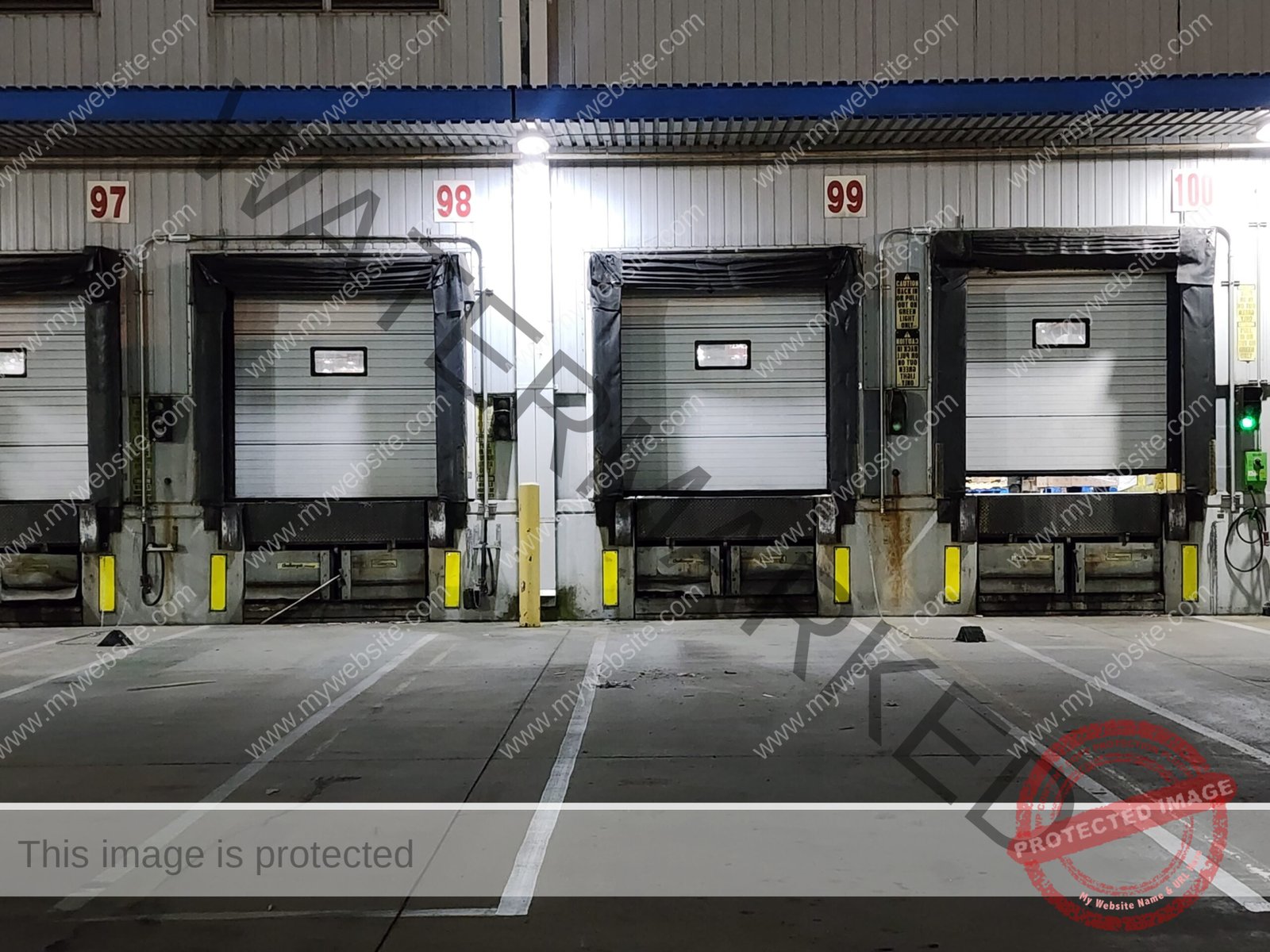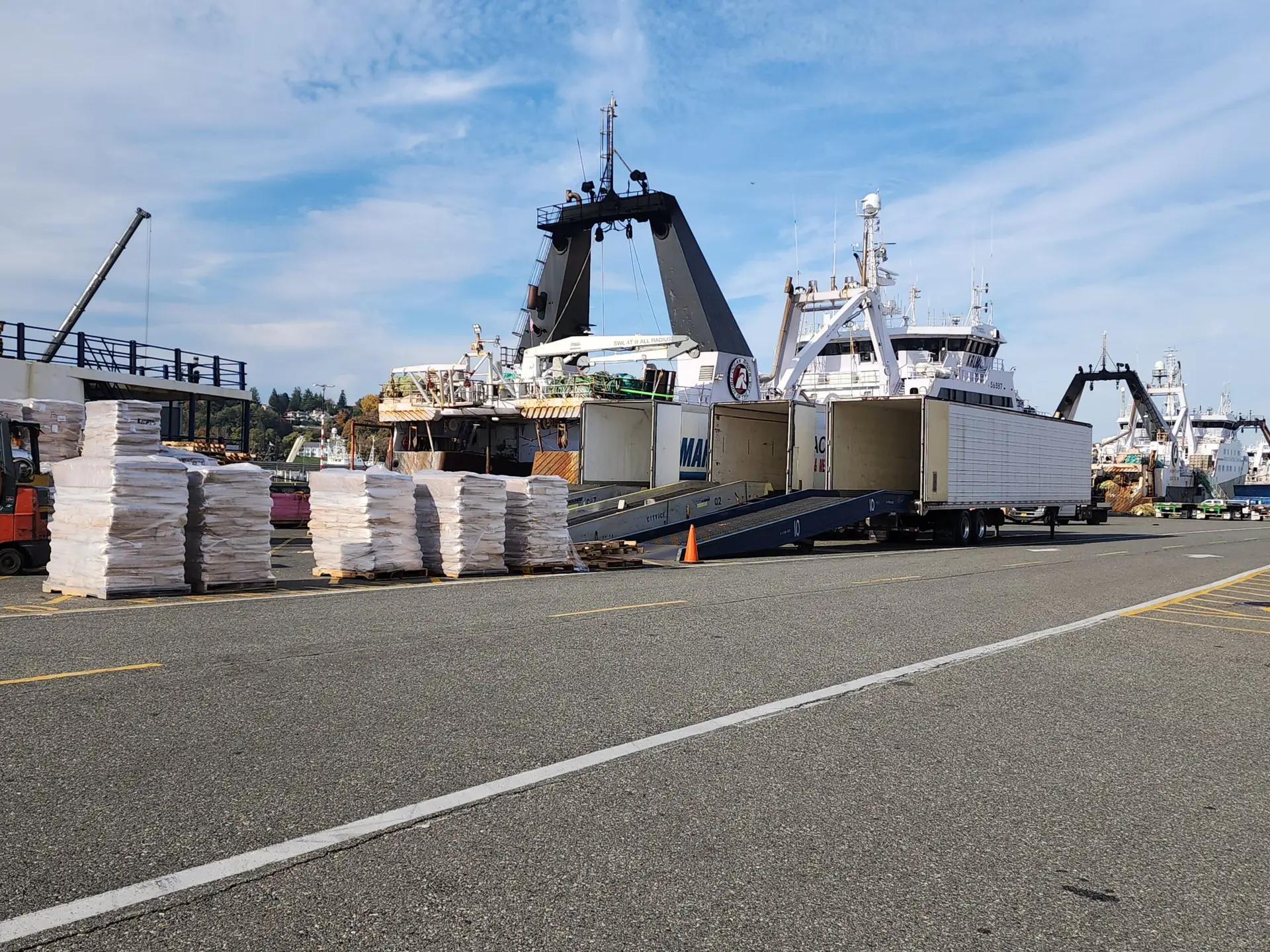
Transportation serves as an essential part of modern life, additionally facilitating economic vitality and empowering connections among individuals over extensive distances. As you go through your daily activities, you may not always recognize the complex network of systems that surround you, quietly shaping the world we live in. Every mode of transportation, from the roads we travel to the planes flying above, seems important to driving economic development while improving connectivity.
The ability to swiftly and economically transport everything from products to services over significant distances is a key factor in the rapid expansion of businesses. Businesses may expand their client base and access new markets by delivering their products promptly and securely to locations all over the world. Increased sales potential and access to new resources, suppliers, and labor markets are only the beginning of what this expansion can do for a business's development and bottom line. When an entity has a global reach, it may engage in international trade and form strategic alliances.
By providing a method for efficiently moving products and services over great distances, transport enables businesses to enter new markets. It enables businesses to reach customers in various regions or even countries, thereby increasing their customer base and sales potential. Additionally, transportation facilitates the movement of raw materials and provisions from various locations, allowing businesses access to resources that may not be available locally. This reduces production costs and enables businesses to source materials from new markets.
The transport sector plays a vital role in safeguarding commodities using numerous protocols and precautions. For example, transport service providers frequently spend money on modern tracking systems that allow them to track shipments in real time and prevent loss or theft. Security measures, such as extensive inspections and background checks for individuals involved in handling what is being transported, are implemented by transportation providers in cooperation with law enforcement or DOT (Department of Transportation) to ensure the safety of the products and vehicles in transit. Together, these measures bolster the safety and security of goods during transit.
This sector surpasses the mere movement of individuals and commodities; it serves as a significant catalyst for job creation and economic advancement. The extensive network of professionals engaged in the maintenance and operation of our transport systems highlights the sector’s significance as an important provider of employment.
In 2024, the transportation sector serves as a significant employment hub, with 10.3% of the U.S. labor force working in transportation, warehousing, and related industries.
Motor vehicle parts dealers employ the largest number of workers (2 million) among all transportation categories. Looking exclusively at transportation workers, the truck transportation industry leads with 1.1 million employees. Interestingly, nearly a quarter (24.8%) of all transportation workers are over 55 years old—slightly higher than the all-industry average of 23.4%
Let’s examine how this sector creates jobs.
This includes jobs directly related to operating transportation systems.
These are jobs in industries that support transportation.
This refers to jobs created as a result of spending by those directly and indirectly employed in transportation.
Transportation advancements often create new business niches.
The transportation sector drives demand for a wide range of skills.
For every $1 billion invested in infrastructure, about 13,000 jobs are created. Think about your career path or investment choices, because this sector offers many opportunities that contribute to economic growth and innovation.
The transportation industry offers career opportunities beyond driving and direct operations.
Sales representatives develop customer relationships and expand companies' client bases.
Driver safety counselors coach and mentor new truck drivers.
Key account representatives focus on providing outstanding customer service.
Mechanics and technicians maintain carrier fleets and keep equipment in optimal condition.
Driver managers oversee portions of trucking fleets while developing relationships with individual drivers.
Human resources coordinators manage HR activities and recruitment, and administrative services specialists support various company functions.
Freight agents or dispatchers enhance and expand carrier bases for freight brokerages or shippers.
Primarily, these positions offer entry points into the industry for individuals with various educational backgrounds. Whether you’ve completed high school, earned a college degree, or obtained a master’s, the transportation sector likely has a suitable role.
The backbone of any effective transport system is its infrastructure. The pathways through which commerce flows are roads, bridges, airports, seaports, and railways. Investing in transportation infrastructure is not just about building concrete structures; it’s about laying the foundation for future economic growth and societal progress. When you drive on a smooth highway or board a train at a modern station, you’re benefiting from years of planning and investment.
While we often focus on the economic aspects of transportation, its role in fostering social connectivity is equally crucial. The ability to move freely and connect with others has profound implications for social cohesion, cultural exchange, and personal well-being. As you reflect on your own social interactions, consider how transit has shaped your relationships and experiences.
Transportation helps move products through different stages—from sourcing raw materials to delivering finished goods. Every day, the U.S. transportation system moves more than $50 billion worth of freight, totaling over 50 million tons.
Trucks serve as the main workhorses of the supply chain, moving more goods domestically in the U.S. than railways, water, air freight, and pipelines together. Their flexibility lets them reach destinations that other transport methods cannot access. Railways account for about $500 billion of freight transported each year in the U.S., with many trips spanning 1,000 to 1,500 miles or more. Ocean vessels move about 90% of world trade, mainly transporting goods between international ports. Air transport is more expensive, but it excels in speed and reliability. These are crucial factors for time-sensitive shipments.
The efficient coordination of these transportation modes ensures that raw materials reach manufacturers, components arrive at assembly plants, and finished products make their way to retailers and consumers. For instance, a computer chip manufacturer produces finished goods that subsequently become components for computer manufacturers. Similarly, a clothing manufacturer might need simultaneous deliveries of fabric, zippers, trim, and thread to maintain production schedules.
A late delivery of materials—whether spices, flour, protein, or oil—can halt or delay production entirely. These delivery disruptions can create a domino effect throughout the supply chain, derailing timelines and impacting multiple operations downstream.
Manufacturing businesses depend on trucking to transport raw materials, components, and finished goods between suppliers, production facilities, warehouses, and distribution centers. Timely delivery proves particularly crucial for manufacturers implementing just-in-time inventory strategies. This approach reduces storage costs and improves operational efficiency by coordinating precisely timed deliveries. Due to this dependency, manufacturers often develop long-term relationships with trucking providers to ensure consistent service.
In the United States, around 11 billion tons of freight move each year, and trucks carry almost 70% of all goods. This massive movement allows manufacturers to keep production schedules without costly interruptions.
Retail spends roughly $137 billion a year on trucking services, making it the second-largest spender in the industry. Compared to other economic sectors, the wholesale and retail trade sector requires more services and spends more money on transportation for every dollar of output. Truck transportation accounts for about 60% of all services, or $176 billion. With around $156 billion in internal truck transportation operations, the industry employs more in-house people than for-hire services, which employ an estimated $19 billion.
The retail industry’s heavy dependence on trucking stems from several factors:
There is a constant need to restock shelves and fulfill online orders.
Management of inventory across multiple locations to avoid wasted products.
Meet projected seasonal demands during holidays and promotional events.
Growing e-commerce requirements for last-mile delivery for customer satisfaction.
The direct effect of making freight transportation more reliable is that it boosts productivity by allowing companies to keep less inventory. When businesses know more about when their deliveries will arrive, they can keep smaller buffer stocks. This means that over time, they will lower their overall inventory costs. This reliability factor is why companies sometimes find that spending more on transportation actually makes them more profitable. The reason for this is that the costs of inventory are lowered, which leads to savings.
This idea has been shown by a number of large companies. Ford Motor Company’s new distribution system lowered transportation costs and inventory costs while also improving dealer service. In the same way, Dell Computer used a transportation-based method to make their work more efficient in similar ways.
In the future, electric cars, self-driving truck systems, and smart transportation networks will change the way things are shipped all over the United States. These technologies promise to lower emissions and costs, and help with long-lasting problems in the industry like not having enough drivers.
The autonomous truck market is projected to grow from about $86 billion to over $500 billion globally by 2032. These technologies address critical industry challenges that may change the industry forever. Real-world testing has come a long way; businesses such as Embark, TuSimple, and Waymo conduct self-driving truck tests on highways. In this type of system, in most cases, in the hub-to-hub model, self-driving trucks drive on the highway and human drivers take care of pickup and delivery. Autonomous systems allow smoother throttle control, which lowers emissions, in addition to saving more than 10% on fuel.
Making the switch to electric vehicles is a big change for the transportation industry. Electric vehicles (EVs) make up about 20% of the global auto market right now. In commercial transportation, only a small percentage of new trucks (1.2%) and buses (4.5%) are electric. Still, this change will have big benefits, such as saving each vehicle up to $1000 a year in gas.
Charging infrastructure expansion is critical for supporting this growth. Present infrastructure includes 161,562 public and private charging ports nationwide, with only 6,409 DC fast charging stations. Beyond standard charging, innovations like continuous charging through overhead cables or wireless systems are being tested for fixed-route vehicles.
Intelligent Transportation Systems (ITS) can lower emissions right away. Right now, transportation makes up more than 20% of the world’s energy-related CO₂ emissions. Using optimized GPS for smart routing can save businesses on fuel costs, travel time, and operational costs.
Businesses depend on transportation to move goods and services over long distances quickly. This helps them get more customers and make more money. It also helps move raw materials and supplies, which lowers production costs and helps businesses get into new markets. This fast growth creates more strategic partnerships, and it helps with sales, getting resources, finding suppliers and workers, and making alliances. The transportation industry plays a very important role in keeping goods safe. They do this by working with the police and the Department of Transportation (DOT) and using modern tracking systems and security measures.




